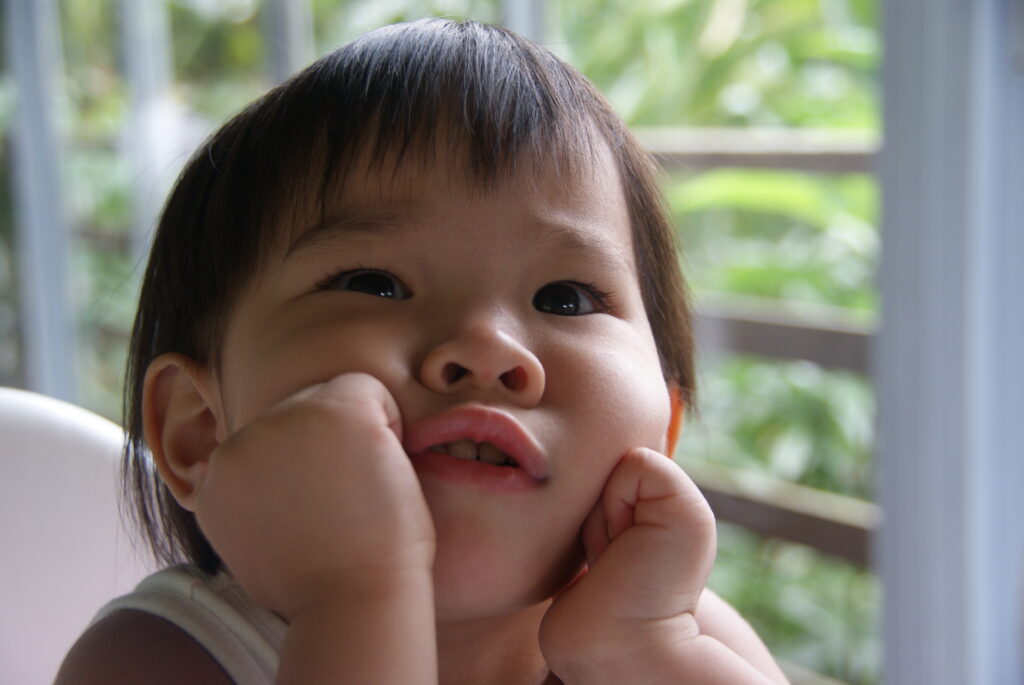
Being gifted or twice exceptional can be a blessing and a curse. Gifted children think and behave very differently from their peers, which may make it difficult for them to make friends.Moreover, twice exceptional children can also be ostracized or bullied when other children jeer them for their knowledge or behaviour.
If your children havebeen identified as gifted,help them build a positive mindsetfor understanding their differences and talents.
Frame the Discussion
Create the right mindset for your gifted children and help them understand that although they may be good in a certain area, other children may be better in another. Everyone learns at different rates and are good in different areas. It is also important to help them understand that just because they are gifted does not mean they should stress themselves into thinking that they need to know every answer to every question or to excel in everything they do. Learning is a lifelong process.
Share their Story
Your gifted children will benefit from understanding how and why they are considered gifted. First, explain to them how their gifts and talents were identified and the results of the assessments (without going into specific scores). Explain how the different traits and behaviours of gifted children can affect their interactions with their peers. Go into a discussion on the positive examples of their giftedness and how it has benefited them in their lives so far. In addition, help them recognise areas that they will need to work on and what they can do to improve.
The purpose is to normalize their abilities and help them avoid the stress and anxiety from unrealistic expectations.
Listen and Understand
What is a trivial event to you may be a major event in children’s minds. Gifted children may not understand why their peers are not like them or why adults have different expectations from them. Listen to your children and help them understand by explaining the facts about their gifts and talents and how other people perceive them.
Conversely, some gifted children may feel a sense of superiority over their peers. Explain to them that everyone has talents in different areas and develop differently. Do not compare their gifts and talents to an area that they need to improve, such as “How can you understand quantum physics but cannot remember the rules of badminton?”. Such comparisons may make them feel inadequate or shamed. Teach them to be proud of what they can do with their gifts and talents but not be arrogant.
Behaviour Modelling
Children learn from imitation and their learning process starts at home. As parents you have your own strengths and weaknesses, which affect your children’s development. By putting in effort to develop your strengths, your children will learn by example as well. In addition, it is also important to role model behaviours such as acknowledging your mistakes and working on your areas that need improvement to help your children recognise the different forms of learning they too will need to go through.